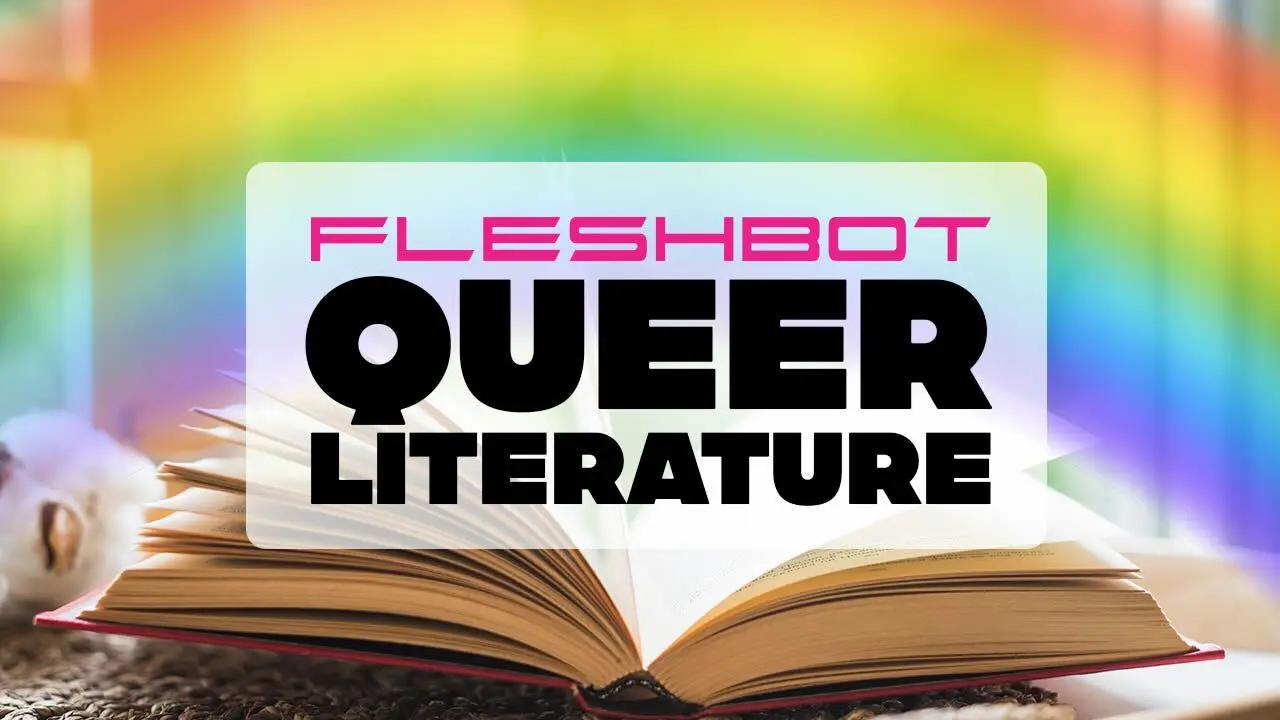
“Hope can be passive. Hopelessness forces action. Stonewall didn’t happen because people hoped it would get better. It happened because they knew it wouldn’t — unless they did something.” With these words, writer George M. Johnson establishes a core belief that drives him, and should drive all of us. A call to action.
Johnson is the author of 2020's All Boys Aren't Blue: A Memoir-Manifesto, and is cited in a recent interview with The Advocate as being "the most banned author in America." The book is, as the title suggests, more than just a memoir, but an intentional instigation to ignite the spirit.
And there's nothing like a good conservative-based banning to bring attention to a work of art. The article mentions the time when U.S. Sen. John Kennedy, the Louisiana Republican, read a particularly graphic passage during a Senate hearing on books and bans in schools. Rather than shrinking from the public outing, Johnson recognised the unforeseen positive outcome. “It affected me, sure. But it also put the book in places it never would’ve reached. Someone out there saw that clip, ordered the book, and found a story they didn’t know they needed.”
As they explained in a previous interview, when the bans ramped up in 2021, they wrote the book as a response to a rise in anti-Black and LGBTQ+ violence. "There were like these incidents that kept happening, specifically around queer youth. Then a lot of statistics were coming out about how LGBTQ homelessness is on the rise and how LGBTQ youth suicide ideation, as well as rates, were on the rise, and all of those things compounded, it kind of inspired me in a way to know that it was time to really put my story out there....I knew it was special, but I couldn’t have predicted it would become the center of a national conversation about censorship, education, and the erasure of queer Black truth.”
No amount of book bans was going to keep this activist quiet. Last September, they released Flamboyants, described as "a vibrant reclamation of Black queer historical figures who have too often been remembered only in part — if at all." The book centers on the queer voices that were at the center of the Harlem Renaissance of the early twentieth century. “Black queer people shaped the Harlem Renaissance,” Johnson says. “They were in the music, in the fashion, in the literature, but history sanitized that part.”
From well-known names like Josephine Baker and Langston Hughes to lesser-known voices like Jimmy Daniels and Gladys Bentley, Flamboyants "celebrates what Johnson calls “our Avengers” — a lineage of Black queer luminance too powerful to ignore." (Christopher Wiggins writing for The Advocate.)
Johnson draws a logical line from those historical days to what is seen today in Black culture and culture at large. Take, for instance, the latest Met Gala and its theme of "Superfine: Tailoring Black Style." Johnson relates the importance of seeing elements of Harlem Renaissance style walking down that recent red carpet. His book fills in the historical gap for some and traces it into the present and beyond. “There’s no point in telling the past if you can’t connect it to the present,” they say. “And no point in talking about today if you can’t offer a vision for what’s next.”
The times we live in are not lost on Johnson and their importance. Their book has been banned, and the current administration is actively banning their lives: of Black folks, queer folks, trans and non-binary folks. But as Johnson says, “They can ban the book, but they can’t ban the story. And they damn sure can’t ban us.”
Questions? Comments? Email us at [email protected]
Follow us on Twitter and Instagram.